ISRO - INDIAN SPACE RESEARCH ORGANISATION
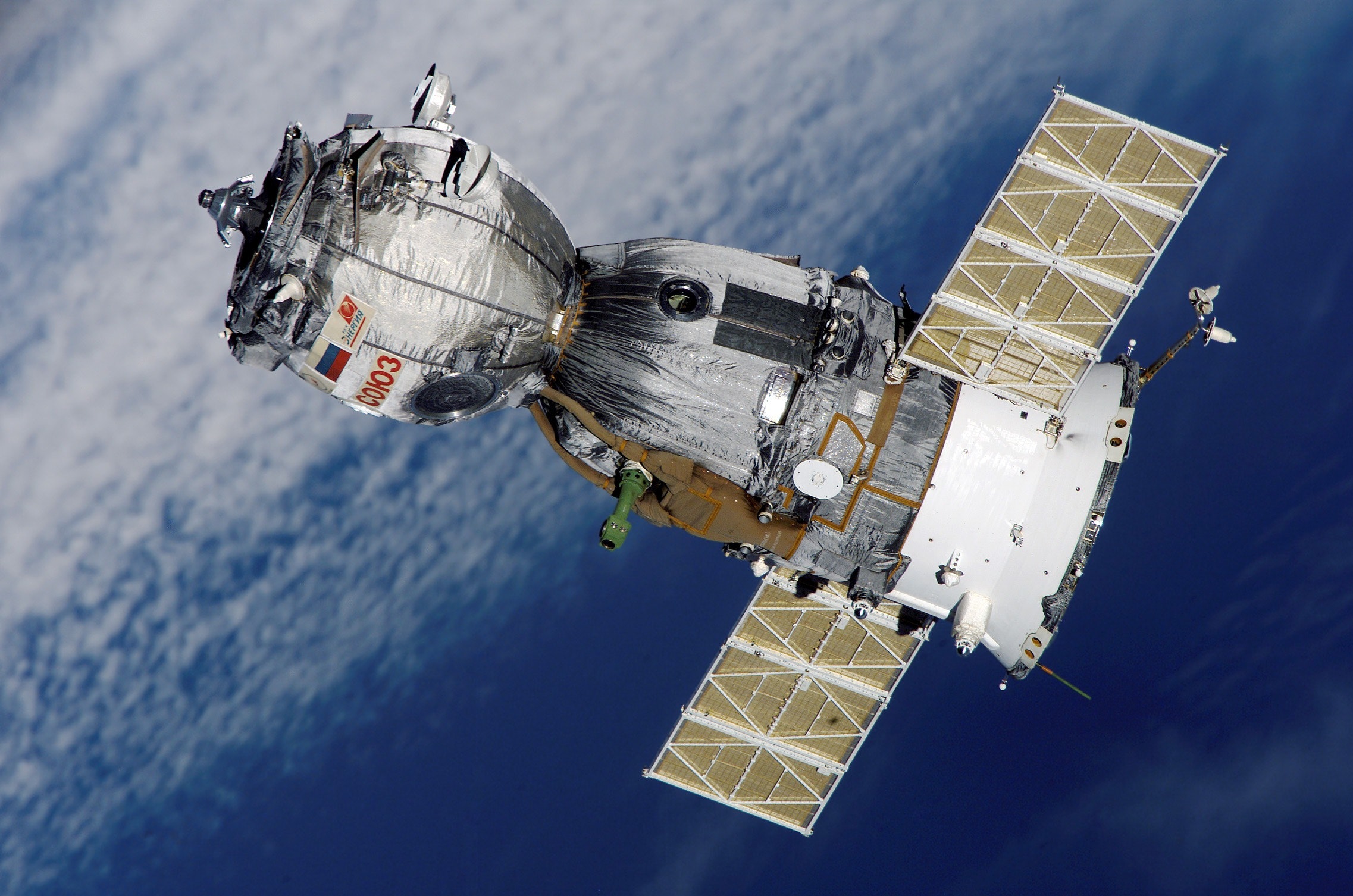
India's space agency, the Indian Space Research Organisation (ISRO), was founded in 1969 with the primary goal of developing and utilising space technology for the development of India. With its administrative headquarters in Bangalore, ISRO is managed by the Indian government's Department of Space.
In the last few decades, ISRO has significantly helped India's space effort. The organisation has made significant progress towards its goal of "harnessing space technology for national development while pursuing space science research and planetary exploration." Sending probes to Mars, successfully launching a mission to the moon, and launching satellites for communication, meteorology, and remote sensing are a few examples.
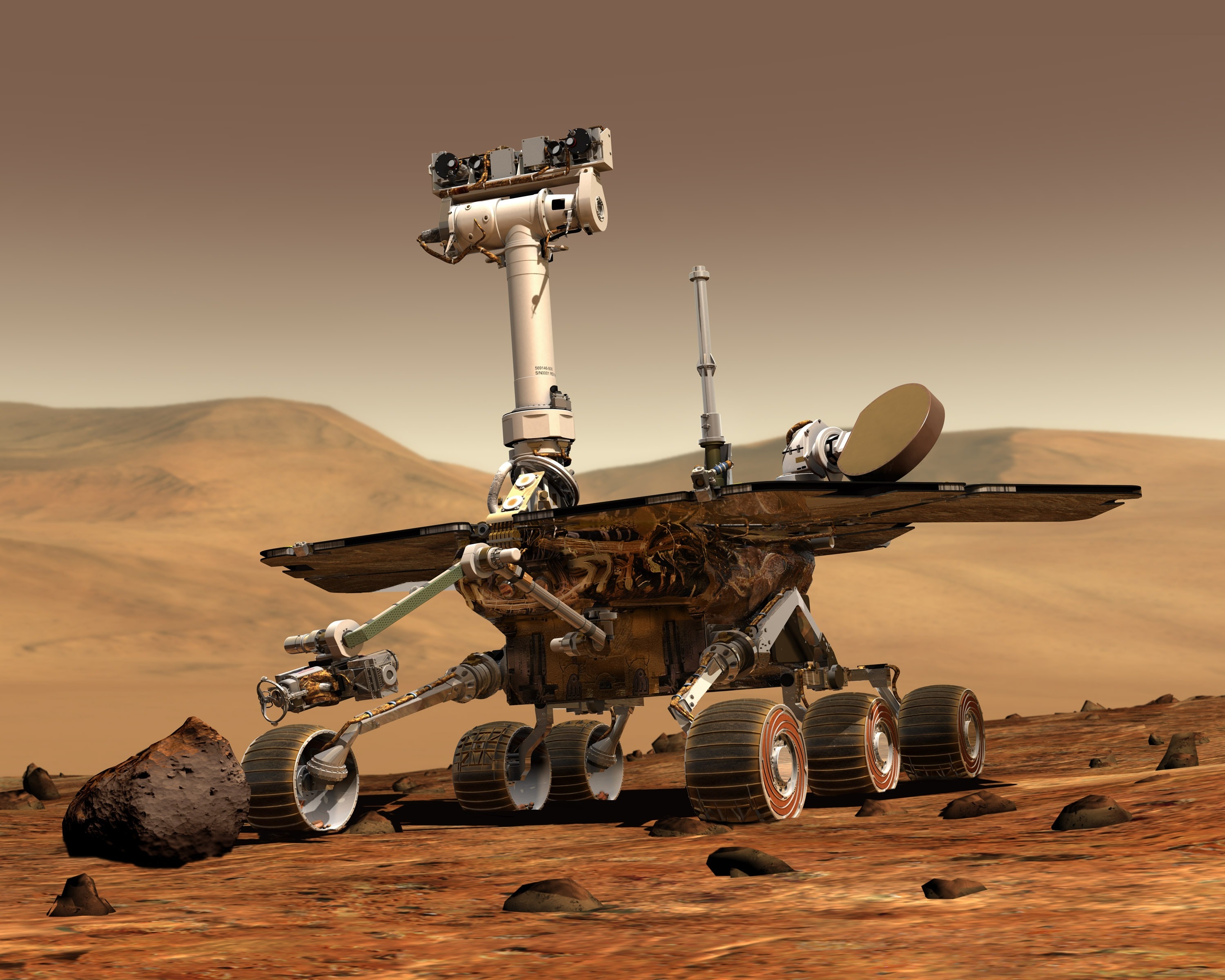
Launching the Chandrayaan-1 mission in 2008 was one of ISRO's biggest achievements. The mission's primary objective was to research the moon's atmosphere and surface, and it was important in the discovery for evidence of water there. In addition, the mission strengthened India's space exploration ambitions and made it known as one of the few countries to have achieved lunar orbit.
The 2013 launch of the Mars Orbiter Mission, popularly known as Mangalyaan, was another major accomplishment for ISRO. The mission's goal was to examine the atmosphere, physical features, and geology of Mars. With the successful conclusion of this mission, India became the first Asian country to reach Mars and the first country to successfully enter Mars orbit on its first attempt.
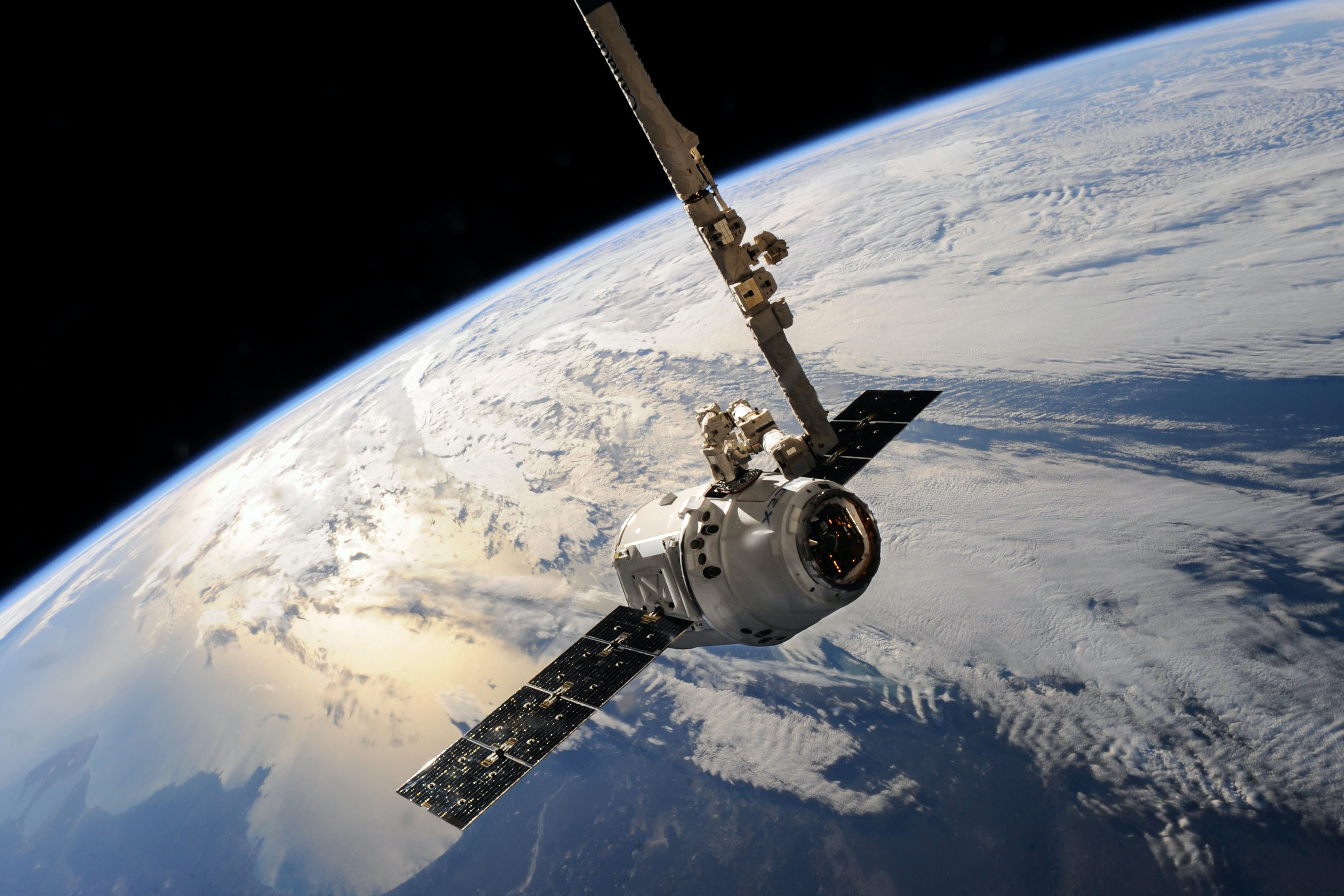
In India, the development of satellite technology has also been significantly assisted by ISRO. For a variety of uses, including remote sensing, communication, navigation, and meteorology, the organisation has launched a number of satellites. The ISRO-launched Indian Remote Sensing (IRS) series of satellites have revolutionised India's remote sensing capabilities and provided an important contribution to the management of the country's agricultural, forestry, and water resources.
The Indian Regional Navigation Satellite System (IRNSS), a satellite-based navigation system designed to give users in India and the surrounding region precise positioning data, was also developed by ISRO. The system, which consists of a constellation of seven satellites, is expected to have several applications, including rescue operations, military operations, and transportation.
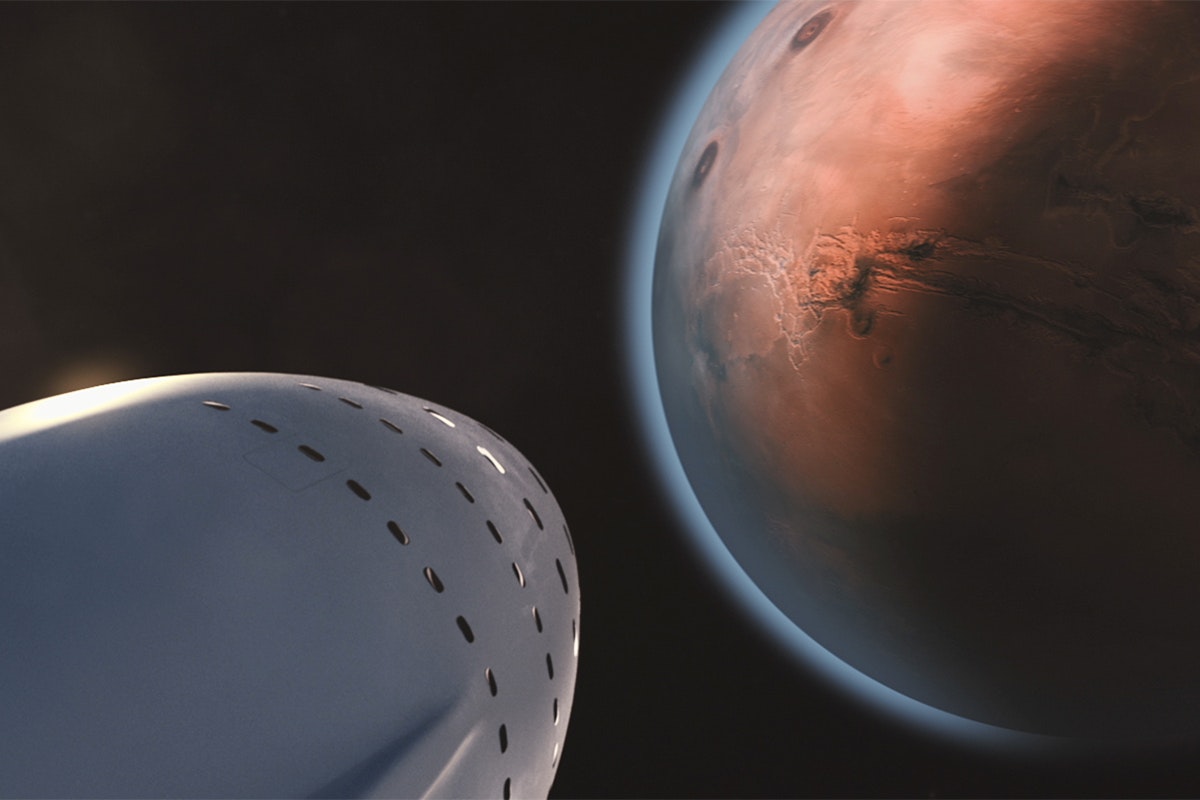
In addition to these accomplishments, ISRO has taken a leading role in a number of foreign partnerships. In order to share knowledge, resources, and technology, the organisation has collaborated with a number of space agencies, including NASA, the European Space Agency, and the Russian Federal Space Agency. Moreover, ISRO has launched satellites for a lot of nations, including united States, France, and Germany.
The dedication of ISRO to innovation and the pursuit of excellence contributes for its success. The organization puts a significant focus on research and development, and its scientists and engineers are constantly developing creative technologies. The success of ISRO has also been greatly influenced by its concentration on indigenous development, as this has helped the organisation to reduce its reliance on foreign suppliers and develop the majority of its technologies and systems domestically.
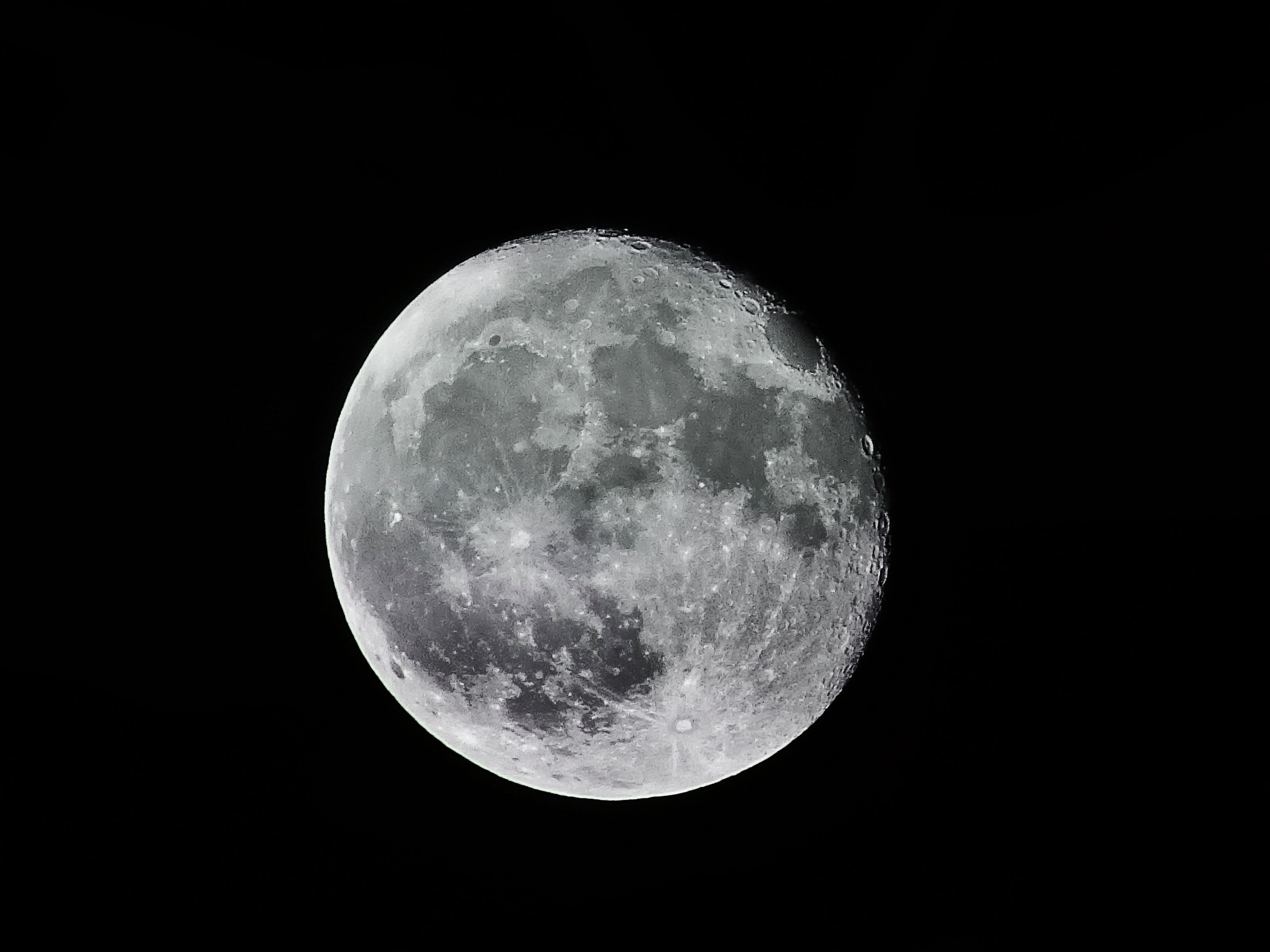
The ISRO has contributed significantly to India's growth. Several sectors, including agriculture, forestry, water resource management, disaster management, and defence, have been greatly affected by its satellites and technologies. By providing remote areas access to communication and internet services, ISRO has also been key in bridging India's digital divide.
ISRO still has a lot of work to do despite its achievements. To remain on the forefront of technology of space exploration and technology, the organisation must continue to innovate and develop new technologies. Other space agencies, including as those of the United States, China, and Russia, which are making significant investments in space exploration and technology, present ISRO with further tough competition.

Given the current global challenges, ISRO's mission to use space technology for national development is also increasingly relevant. Pandemics, natural disasters, and climate change are just a few problems that really need creative solutions.



You must be logged in to post a comment.